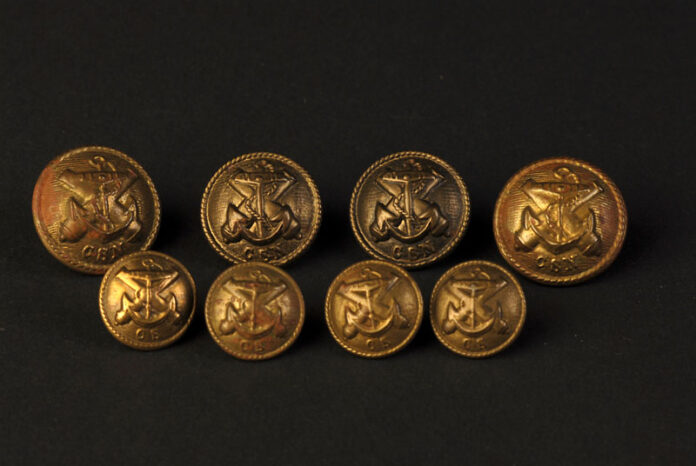At the end of my drive along the Blues Trail south
Through the cotton fields and shanty towns of the Mississippi Delta
From the nexus of Memphis in the southwest corner of Tennessee
Through Clarksdale, Indianola, and Cleveland, Mississippi,
By way of actual settings, around the college town of Oxford,
From Faulkner’s fictional Yoknapatawpha County,
Where Byron Bunch, Lena Grove, Joe Christmas, Lucas Burch,
Joanne Burden, and Reverend Hightower played out
The complicated history of Jim Crow in the Deep South
In Light in August, I gladly paid my entrance fee
To the Old County Courthouse Museum in Vicksburg
And, after bantering with the docent with scripted jocularity,
Made my gradual way up the carpeted nearby staircase
With a celerity stereotypical of a tourist from the North,
One creaky riser at a time, to look at precious relics, in the first
Of four galleries, that were recovered from the gangrenous bodies
Of soldiers who died on the field or in hospital tents at the rear,
As if they were talismans that I could draw inspiration from
For poetry that serves not as a laxative for constipation
But as a means of making connection, salvaging experience,
And putting to use my miseducation, a way of reaching out
To ghosts who’ve been waiting for me to pay them attention—
As if artifacts from the corpses of conscripts recruited
From small-town cottage orchards, mosquito-crazed lumber camps,
Creek-side chicken farms, and paddle-splashed fishing docks
In Alabama and Pennsylvania, the Carolinas and Maine,
Vermont, Indiana, Michigan, the Dakotas, and Louisiana
Could do more than enthrall me with their anachronistic charm,
As if the buttons, bandannas, hairbrushes, and combs, the boxes
Of hard tack, the tambourines, recorders, and corncob pipes,
The breast-pocket Bibles, dented canteens, and long dark strings
Of beef jerky still edible after one hundred and fifty years
Could take on an amusing but mystical significance
And blast me into an orbit of understanding and clarity
When I moved from that cluttered gallery to the neater one
Across the hall, where the black and white daguerreotypes
Of those martyred men, those foddered dead, awaited me on a wall.
Click here to read Scott Ruescher on the origin of the poem.
Image: Civil War Buttons by Erik Christian Photography, licensed under CC 2.0.



Your poem makes me want to visit Vicksburg and visit museums/memorial sites of the Deep South. Thank you!
Thanks for that note, Mary Ellen Talley! Did you ever read Tony Horwitz’s book about Civil War re-enactors, Confederates in the Attic? (And are you by chance related to my neighbor, Gordon Talley?) ….I’ve got a bunch more travel poems on related subjects –in Waiting for the Light to Change https://prolificpress.com/bookstore/prolific-books-c-12/waiting-for-the-light-to-change-by-scott-ruescher-p-209.html and in a forthcoming collection from Finishing Line Press: https://www.finishinglinepress.com/product/above-the-fold-by-scott-ruescher/